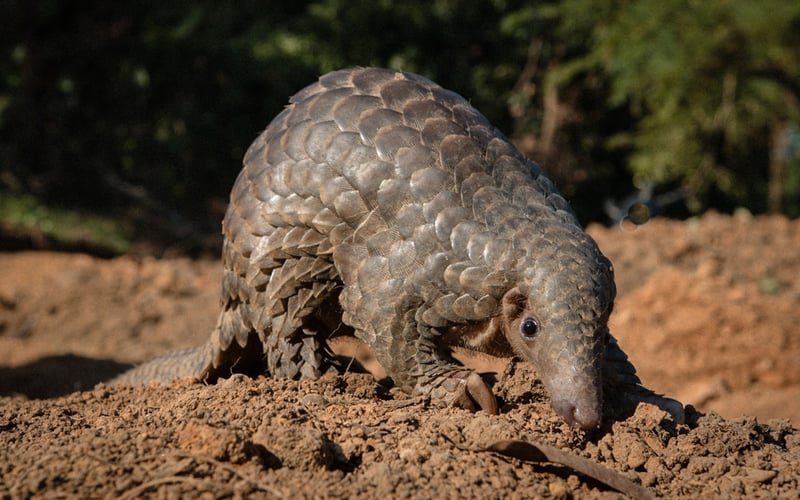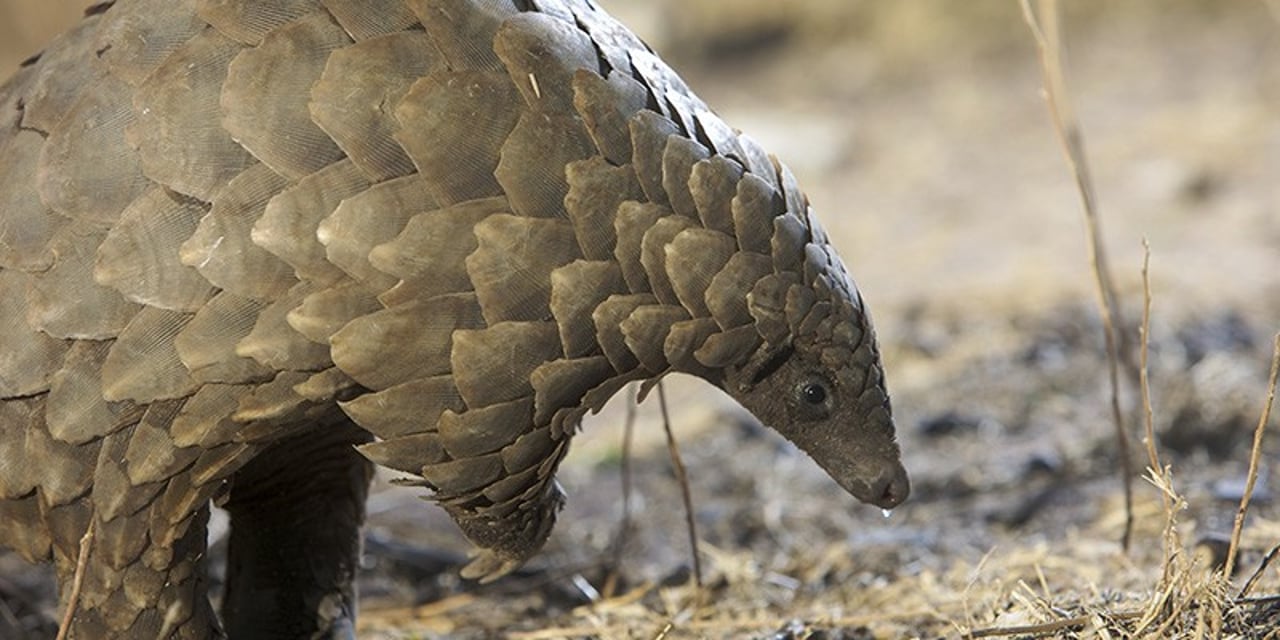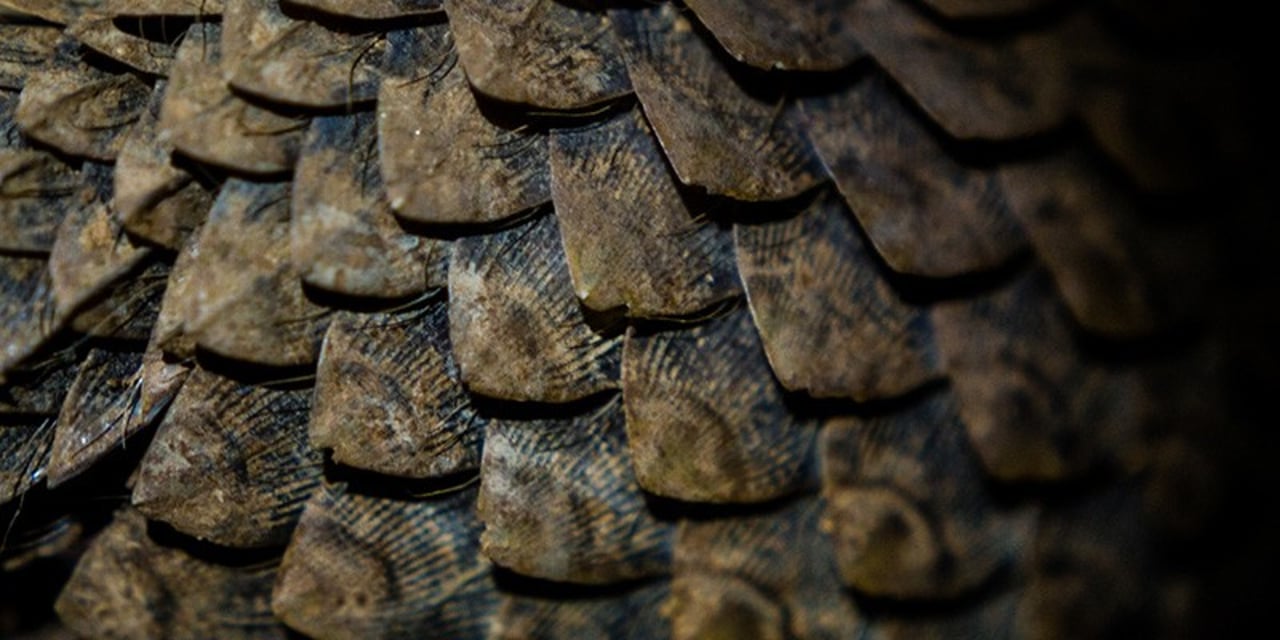
China fails to fully remove pangolins from its medicines list
News
Policy loopholes pose risk to endangered pangolins.
Earlier this month, the Chinese government upgraded pangolins to the highest level of protection. They also removed pangolins from being used as a raw material from the pharmacopoeia, the list of approved medicine for Traditional Chinese Medicine.
This was a welcomed step in the right direction, as these animals suffer terribly as a result of the demand for pangolin products in Traditional Medicine, which is a type of wildlife trade. Pangolins are in fact the single most illegally trafficked mammal in the world.
Image: a wild pangolin. Credit: Getty Images.
Used as medicine
However, we are disappointed to see that pangolin ingredients are still allowed in a few patent medicines. This tragic contradiction will continue to drive the demand and illegal trade of pangolins in future. In 2019 alone, Chinese customs confiscated an enormous 123 tonnes of pangolin scales.
This is not the first time that a policy loophole has been created that may encourage illegal trade. Previously, wild animal materials have been removed from the pharmacopeia but they have remained listed as ingredients in some patent drugs. This has happened with bears and leopards.
Pangolins deserve protection
The Chinese government must overhaul relevant policies, destroy the stockpiles of pangolin scales and phase-out patent drugs containing pangolin, bear, and leopard parts, to provide these animals the level of protection they deserve.
We will continue, through the work of our China office, to engage with relevant local agencies to address this policy gap.
A permanent ban on wildlife trade is the only long-term solution to protecting wild animals, reducing biodiversity loss, eliminating animal suffering, and all importantly, preventing the next major zoonotic pandemic.
An estimated one million pangolins have been killed for use in traditional medicine or food in a decade.

